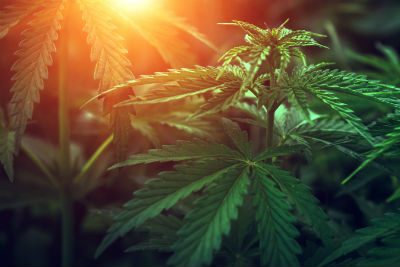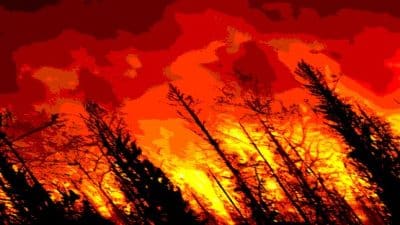
As the USDA finalized hemp production regulations, Virginia growers were being cautioned about an increasingly saturated market.
The public has until Jan. 29 to comment on interim final regulations, including licensing, maintaining information on land where hemp is grown, complying with procedures and provisions, testing THC contents and handling policy violations. Although many of the regulations remained unclear through the first full year of legal hemp growth in 2019, registered hemp acreage boomed from 78,176 acres in 2018 to 511,442 acres in 2019. With a market expected to surpass $10 billion by 2025 and regulations being put in place by the USDA, that trend is expected to continue.
“It’s estimated there’s about 80 times the amount of CBD and hemp than the market needs,” noted Tony Banks, senior assistant director of agriculture, development and innovation for Virginia Farm Bureau Federation. “We’re probably going to see these markets evolve in the next four or five years, and these tremendous grower and processor numbers are going to diminish as soon as this gold rush ends.”
Of the 1,142 licensed hemp growers in Virginia, Banks said the majority are growing for CBD oil. In line with national trends, Virginia moved from 135 planted acres of hemp in 2018 to 2,244 acres in 2019.
He added that some estimates show growers could realize revenues of $10,000 to $15,000 per acre for producing hemp for CBD oil. However, the Food and Drug Administration has yet to approve CBD oil as safe for food, animal feed or dietary supplements, which compounds the current oversupply and will weigh on the market until the issue is resolved.
Banks noted that the market has benefitted from programs that streamline hemp seed certification and THC testing procedures. As markets level-off, he anticipates a shift away from the current “Wild West atmosphere” of speculation and overproduction.
“Farm production of hemp is going to become specialized,” Banks said. “If this crop makes a go of it long-term, some company or buyer is going to source hemp with specific characteristics for a specific end use. For the majority of hemp growers, it’s going to be like contract poultry or hog productions. You’re growing for that specific market and that specific buyer, and that’s going to be it.”










